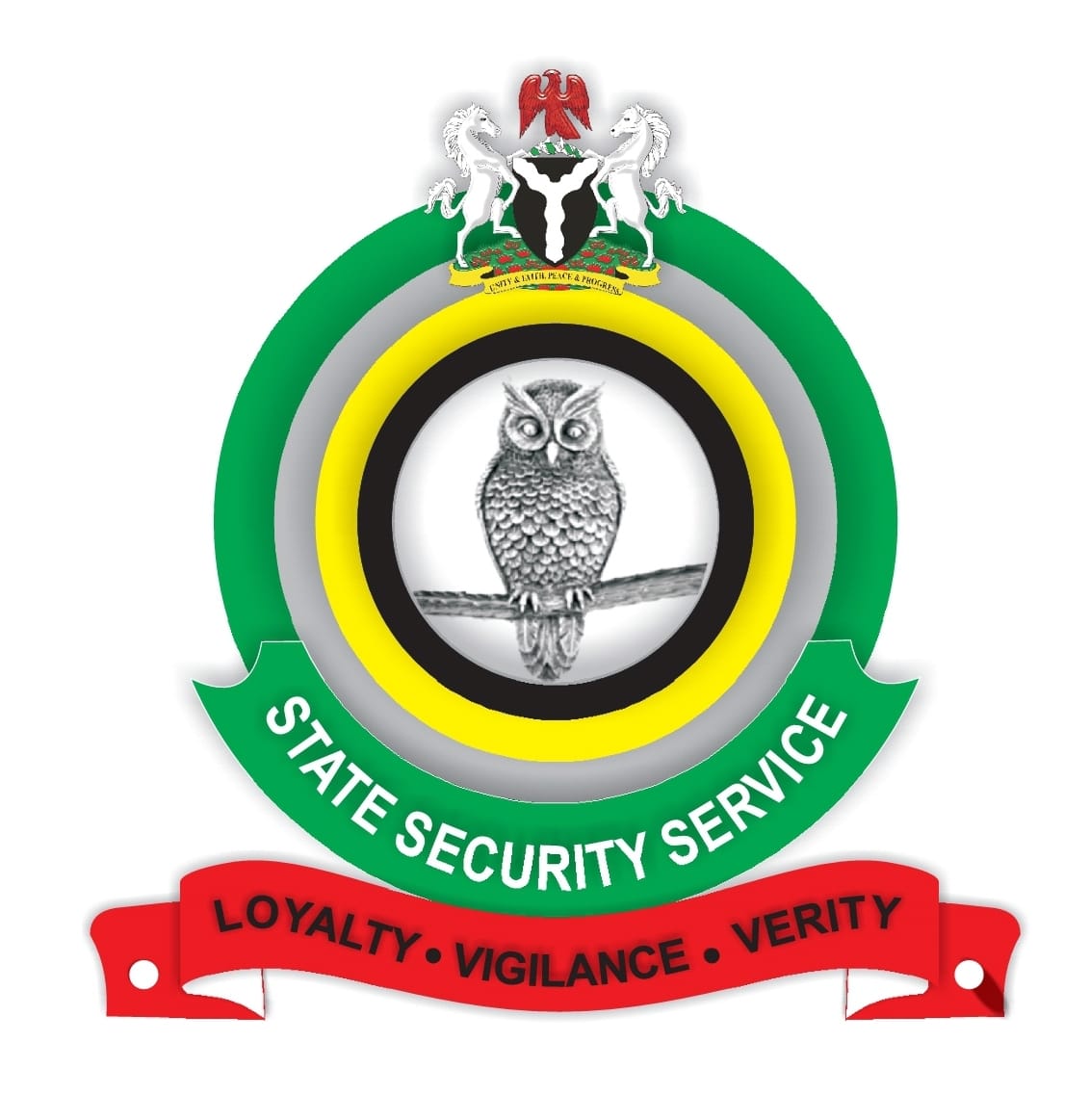Presidency must curb DSS excesses
The recent invasion of a court in Ogun State by men of the Department of State Services (DSS), to arrest defendants in an arson case is yet another reason to curtail the excesses of the secret police and ensure that it abides by the laws of the land in the discharge of its duties. The […]

dss
The recent invasion of a court in Ogun State by men of the Department of State Services (DSS), to arrest defendants in an arson case is yet another reason to curtail the excesses of the secret police and ensure that it abides by the laws of the land in the discharge of its duties. The operatives defied the direct order of the court not to disrupt proceedings, and arrested the defendants during their court appearance. This is a flagrant abuse of the temple of justice and what the law as a whole represents.
The defendants, Alhaji Fatai Isiaka and Samuel Oyero were already standing trial for arson and were having their day in court before Justice AA Shobayo. Regardless, the operatives went ahead to arrest the two men within the court premises in connection to civil unrest in the community. The nature of the arrest was so chaotic that the operatives allegedly beat up Alhaji Fatai and even the court registrar, who reminded them not to disobey the judge’s direct order.
Since its establishment in its present iteration in 1986 by virtue of Decree No 19 of that year, the State Security Services, which has since fashioned itself as the Department of State Services (DSS), has been charged with: a) Prevention and detection of any crime against the internal security of Nigeria; b) Protection and preservation of all non-military classified matters concerning the internal security of Nigeria; c) Prevention, detection and investigation of threats of espionage, subversion, sabotage, terrorism, separatist agitations, inter-group conflicts, economic crimes of national security dimension and threats to law and order; d) Provision of protective security for designated principal government functionaries, sensitive installations and visiting dignitaries e) provision of timely advice to government on all matters of national security interest; and, f) Such other functions as may, from time to time, be assigned to it.
These are all sensitive charges and therefore the service was instituted as a secret police, to carry out its duties without public spectacles and theatrics. However, the recent actions of the DSS have become a source of concern. Its ostentatious arrest of persons of interest, like the invasion of the court in Ogun, is only one of such instances.
By virtue of its resources, it is safe to assume that the DSS knows the addresses and whereabouts of these persons of interest and knows how to find them. It could have tracked them and arrested them at its convenience but to storm the court and disrupt the judicial process is an act of impunity that the Nigerian state should not condone.
This has become pertinent, considering the real danger of the DSS operatives becoming accustomed to the abuse of the rule of law in the name of the discharge of their duties. Previous interventions include its barricade of the National Assembly in 2018, its invasion of the Cross River State Assembly, its 2015 storming of the Akwa Ibom State Government House in Uyo, and its extra-judicial arrests of some Nigerians without trial for an extended period. These have included but are not limited to the arrest and detention of journalist Jones Abiri for two years without access to his family or lawyers and without presenting him in a court of law; government officials like former EFCC Chairman Abdulrasheed Bawa and ex-CBN Governor Godwin Emefele were held for months without trial.
These kind of actions resulted in the US Embassy citing in its 2021 country report on Nigeria that “Impunity, exacerbated by corruption and a weak judiciary, remained a significant problem in the security forces, especially in police, military, and the Department of State Services.” The report also added that the “police, the military, and the Department of State Services reported to civilian authorities but periodically acted outside civilian control.”
While we appreciate that the DSS handles a very sensitive aspect of the country’s internal security, it must be reminded that it is an arm of the executive, whose actions must be guided by the laws of the land. The abuse of other state institutions and the extra-judicial detention of Nigerians must not be condoned or tolerated so that an important state organ like the DSS is not reduced to an attack dog to be unleashed on Nigerians for political or any other reason.
The presidency must reign in the excesses of the DSS, ensure its operations are guided by the rule of law, and that in the discharge of its duties, it does not embarrass the state, abuse state institutions, or violate the rights of Nigerians.
